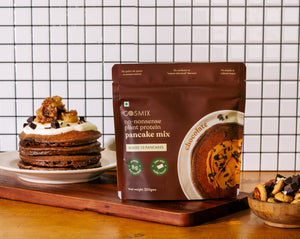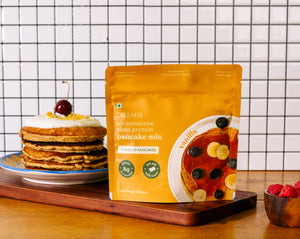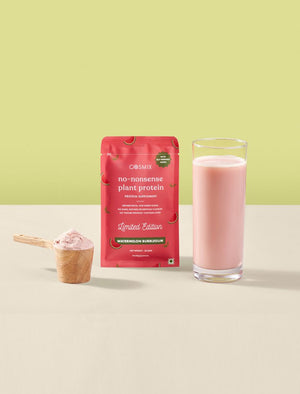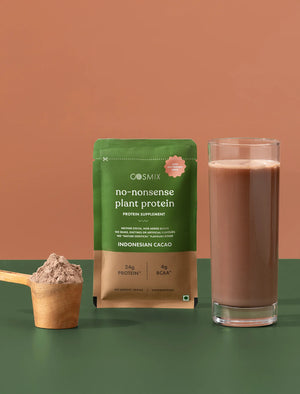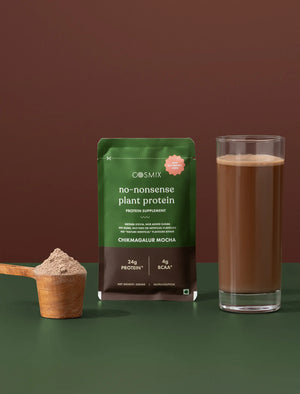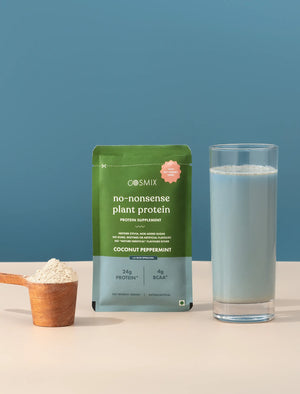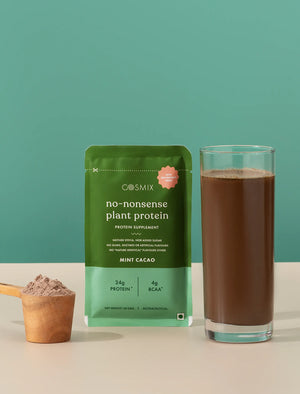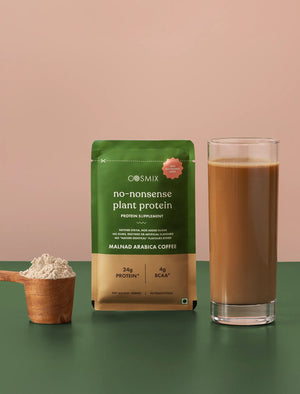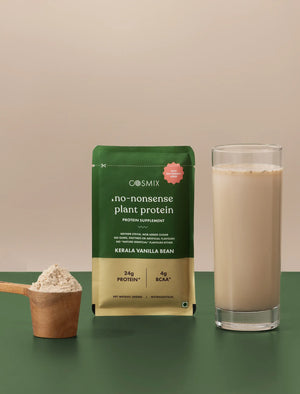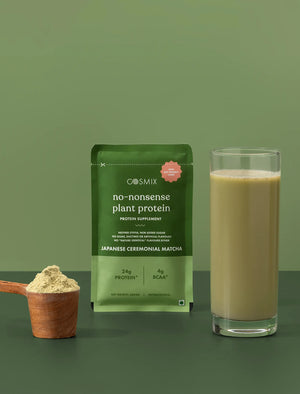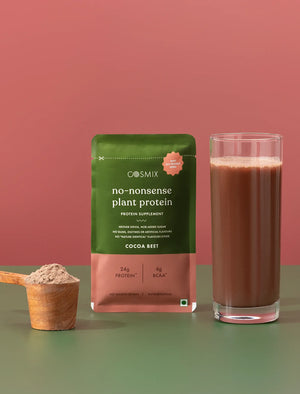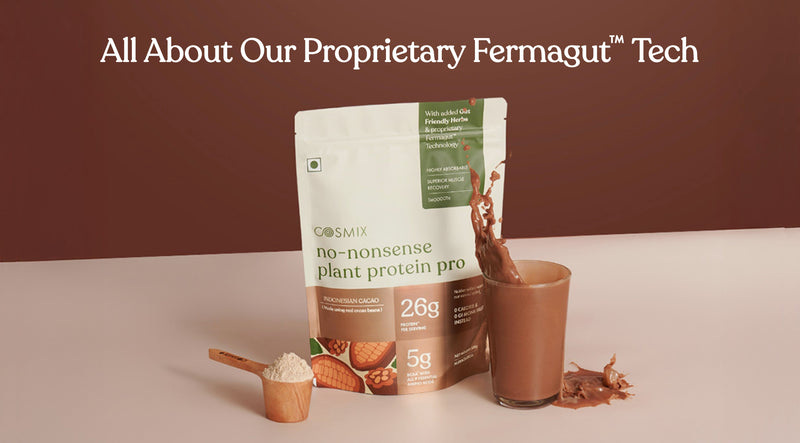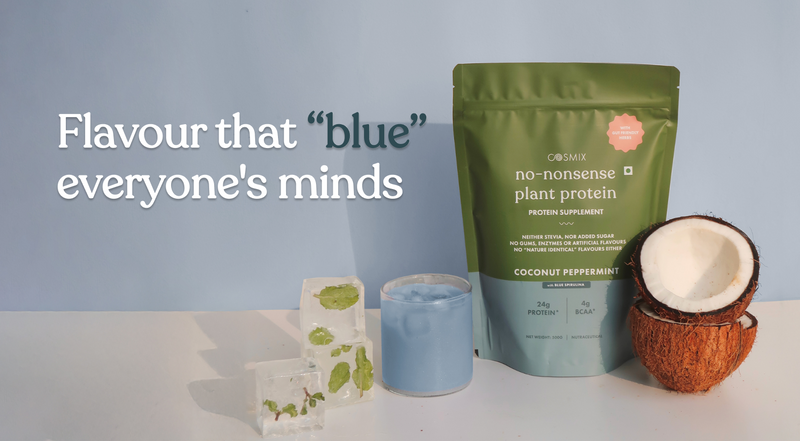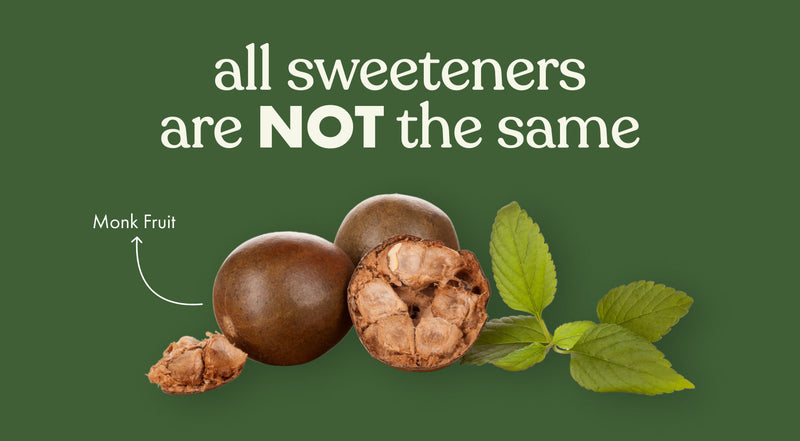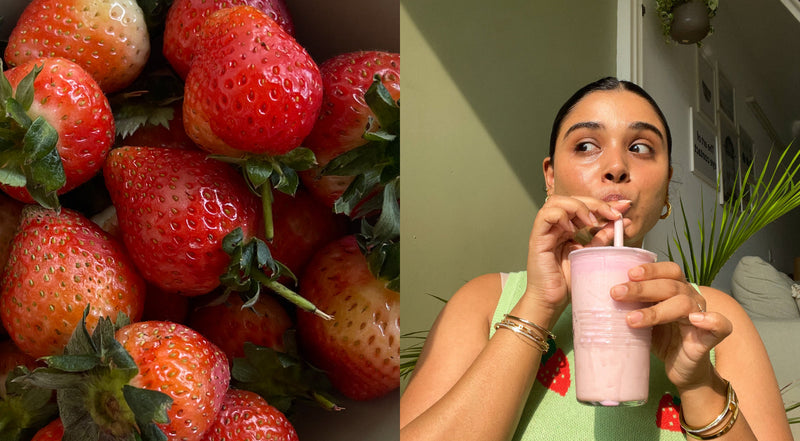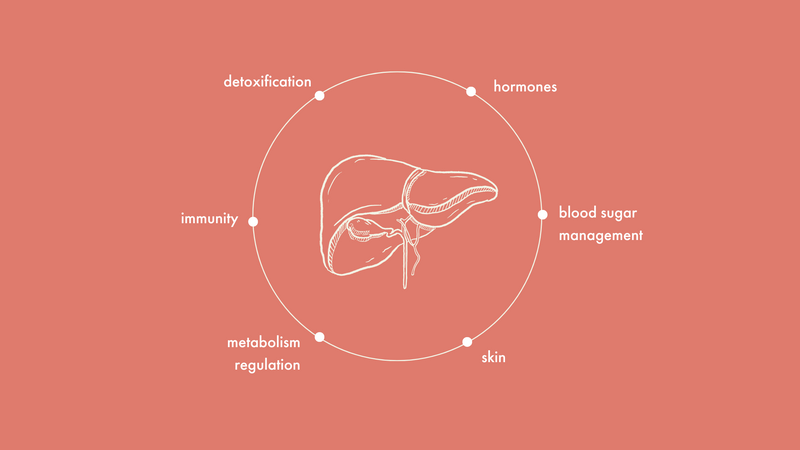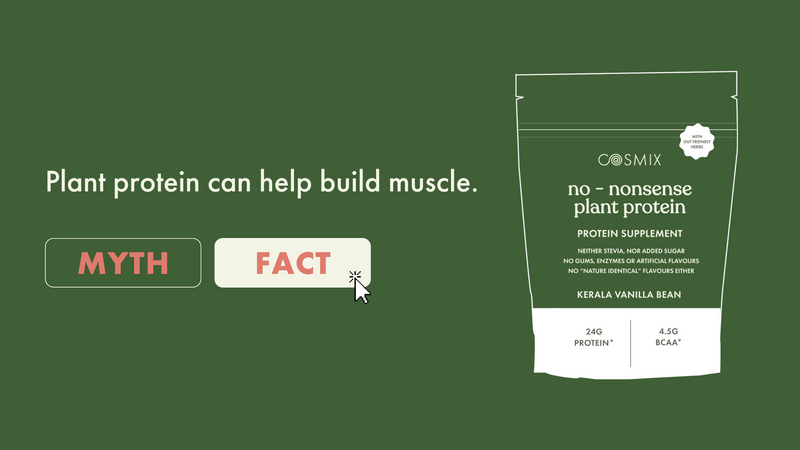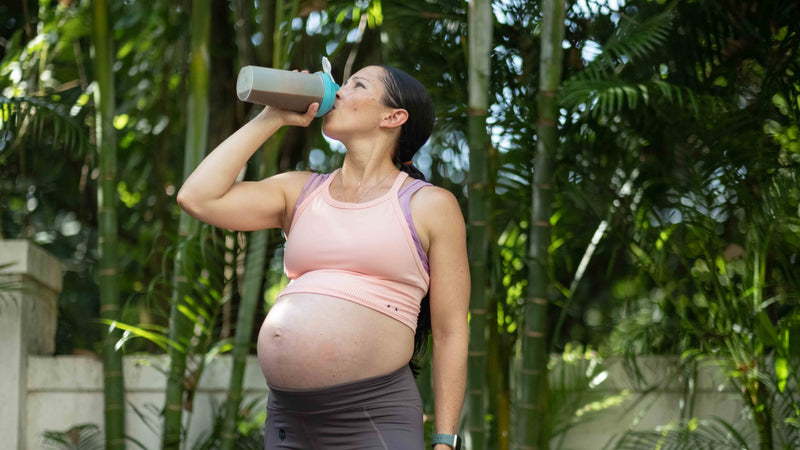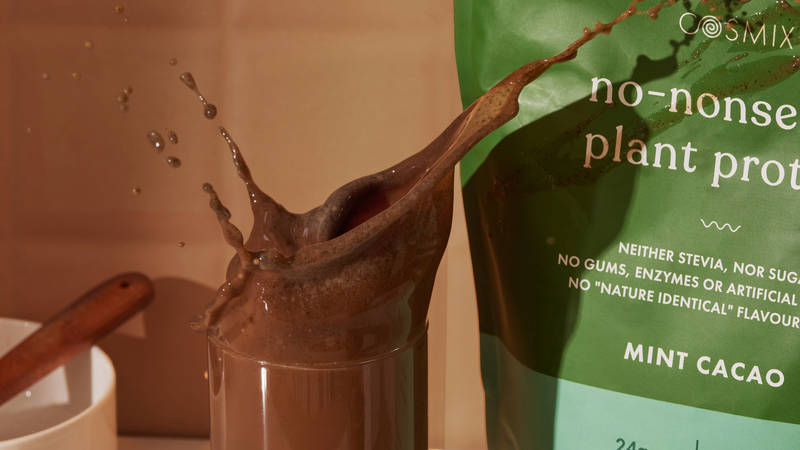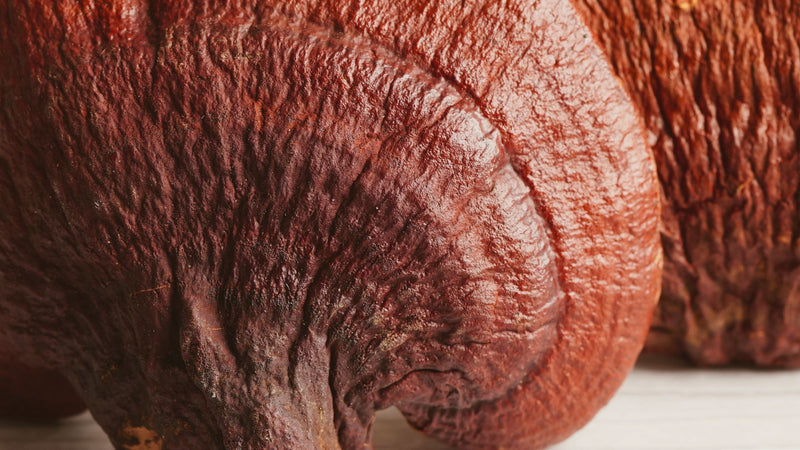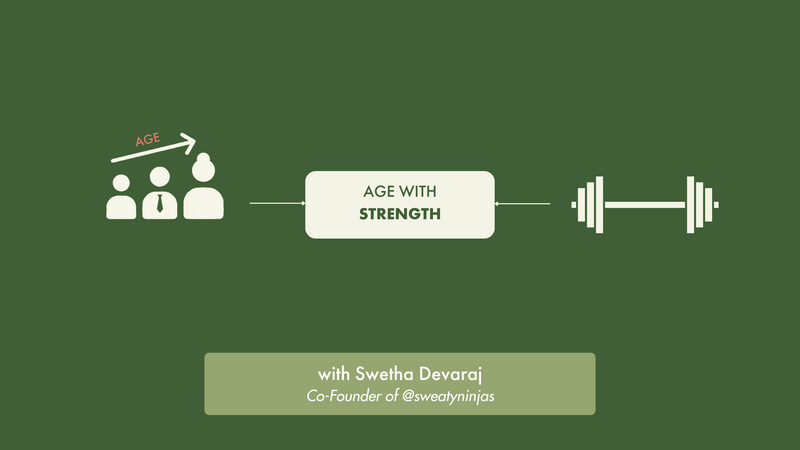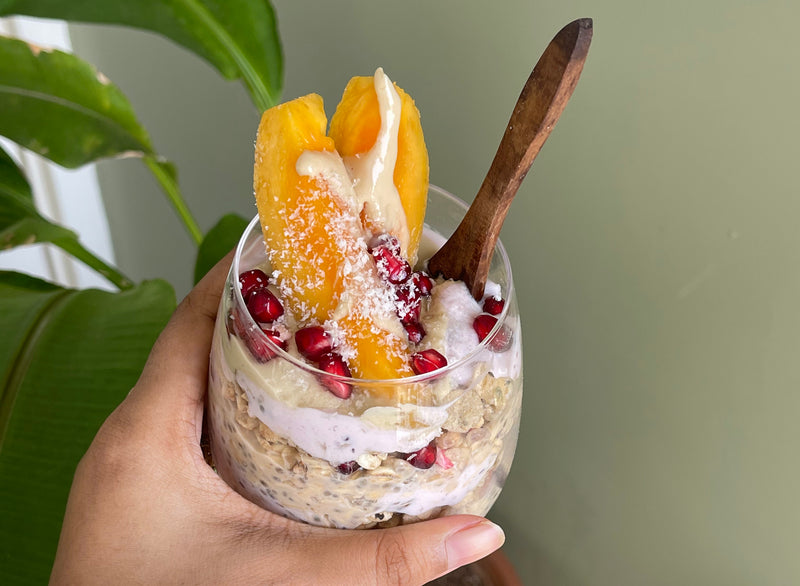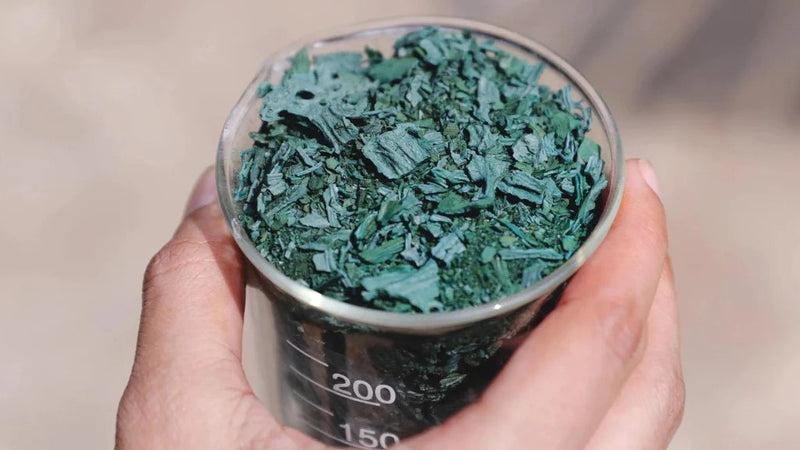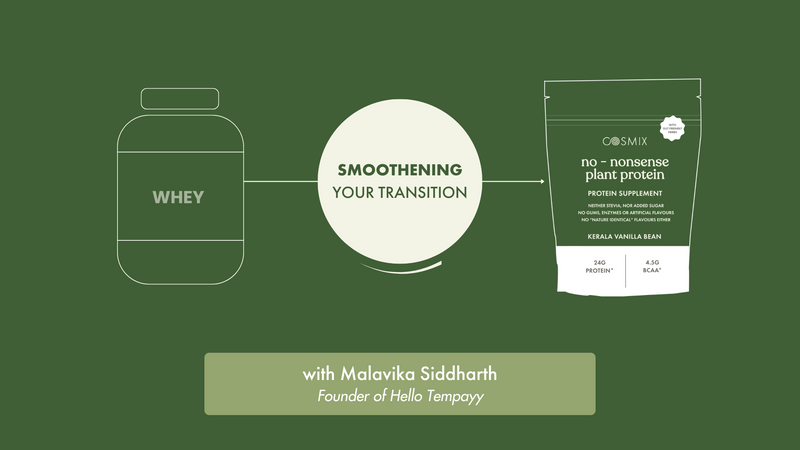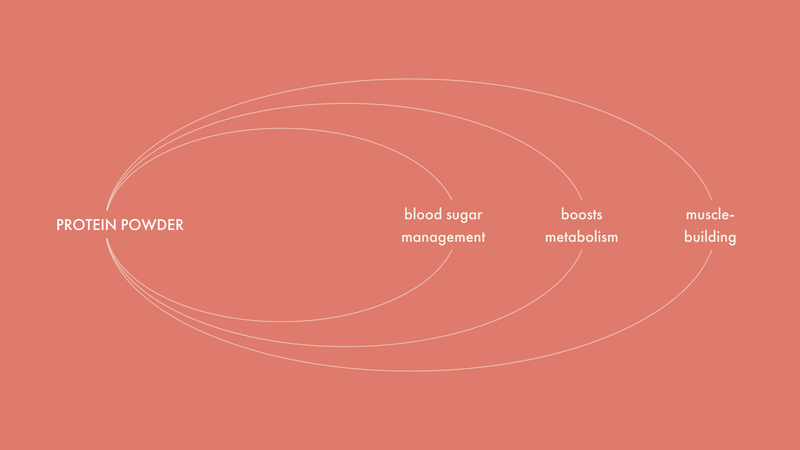Protein is having a big moment — and for good reason. From helping you feel strong and energised to keeping your immunity in check, it’s at the heart of how your body functions every single day. But here’s the thing: not all proteins are created equal.
For years, whey protein was the go-to for fitness enthusiasts. But as more people are turning towards clean, sustainable, and gut-friendly nutrition, plant-based options are stepping into the spotlight. That’s where yeast protein comes in — a new-age, eco-conscious source that’s making waves for its digestibility and nutrient profile.
So, how does yeast protein really stack up against whey? And could it be the future of protein as we know it? Let’s break it down.
What Is Whey Protein?
The answer to what whey protein is, is simple. It is an animal-derived protein that comes from cow’s milk (it’s actually a by-product of cheese making). Whey protein contains all nine types of essential amino acids, which makes it a complete protein. Its high absorption aids in faster muscle growth and recovery, which is great for fitness and nutrition.
Sources of Whey Protein
The primary source of whey protein is basically cow milk. Therefore, you can get whey protein from any product made out of cow milk, like curd, yoghurt, ricotta cheese, cottage cheese, and raw cow milk itself. Other natural sources of whey protein are seafood, eggs, lean meats, and Kefir or fermented dairy.
But Here’s The Catch with Whey Protein
While whey protein is undoubtedly a great source of natural protein for your body, it has some cons, especially for people with lactose intolerance. These are;
- Digestive Issues: It can cause minimal gas or bloating to severe diarrhoea, especially among lactose-intolerant people
- Allergic Reactions: Again, people allergic to milk protein may experience rashes, redness, swelling, itchiness in the skin, and sometimes breathing difficulty.
- Skin Problem: It can trigger acne in your skin
Enter Yeast Protein: The Future of Protein
Whey protein has been around for decades, but it’s not for everyone. From bloating and acne to its significant environmental impact, whey often comes with drawbacks. That’s where yeast protein comes in: a clean, vegan, protein source made through fermentation. It’s complete (yes, all nine essential amino acids!) and comes with extras like fibre, minerals, and B vitamins, making it a smart choice for anyone looking at health and sustainability hand-in-hand.
How is Yeast Protein Prepared?
Yeast protein starts with fermentation: yeast cells are grown in a nutrient-rich, temperature-controlled environment, then the fermentation is arrested at its most optimal point to extract yeast protein isolate and other by-products such as beta glucans. At Cosmix, we take this a step further with our Fermagut™ process, a unique method that extracts high-quality yeast peptides (short-chain protein molecules). Because these peptides are smaller and simpler than typical protein molecules, they’re easier for your gut to absorb and digest. In other words, you’re not just getting protein, you’re getting protein that your body can actually use more efficiently.
Nutritional Breakdown: Whey vs Yeast Protein
The comparison between yeast protein and whey protein is incomplete without understanding their nutritional value. The table below explains this clearly.
Here's your nutrient comparison table formatted clearly:
| Nutrients | Whey Protein | Yeast Protein |
| Essential amino acids (EAAs) | Complete | Complete |
| Branched-chain amino acids (BCAAs) | High | High |
| Primary Protein Source | Dairy | Yeast |
| Primary Source PDCAAS | 1.0 | 1.0 |
| Muscle Recovery | Excellent | Excellent |
| Gut-friendliness | Heavy on the gut | Light on gut |
Choosing the Right Protein for You
What is the right choice between yeast protein and whey protein? This is ultimately a subjective matter. It depends entirely on your dietary requirements, health conditions, taste, and inclinations.
- If your body does well with dairy and you’re not lactose intolerant or dealing with gut issues, whey can work just fine. But if you’ve ever struggled with bloating, heaviness, or just want a cleaner, more sustainable option, yeast protein might be your perfect match.
- What’s exciting is that yeast protein isn’t just for the “casual health crowd” — it’s great for active bodybuilding too. With its rich amino acid profile, easy digestibility, and a PDCAAS of 1.0, it fuels muscle recovery and strength-building without putting stress on your digestion. Plus, it comes with the added bonus of being planet-friendly.
- Yeast protein is suitable for vegans who actively avoid animal protein and those with lactose intolerance. This is also a sustainable and nutrient-rich substitute for whey.
Health Benefits of Yeast Protein
Leaving aside individual preferences, yeast protein is emerging as having greater health benefits. It is suitable for immunity and gut health, which we will discuss separately.
- Immune Support: Yeast protein comes up with beta-glucans, significantly boosting immune functions.
- Gut Health: Yeast protein is gut-friendly due to being lactose-free, and also, as it is smaller and simpler in molecular size it is easier to absorb by your gut.
Lactose Intolerance and Protein Choice
People with lactose intolerance suffer from recurring bloating, cramps, and diarrhoea problems while consuming milk protein or whey protein. In contrast, yeast protein is an entirely dairy-free and hypoallergenic source of protein for them. This, together, makes yeast protein a safe, reliable, and healthy choice for people who want to avoid lactose and milk-based products in their diet.
Environmental Impact of Protein Production
The requirement for water, land, air, and energy is much lower if you compare yeast protein vs whey protein. To attain whey protein, you must excessively depend on dairy farming, where animals, especially cows, are injected to produce more. Yeast cultivation takes less water, land, and energy resources and emits less CO2 than cows, which makes it a more sustainable and eco-conscious choice.
The Bottom Line
Both whey and yeast are complete proteins, but the difference lies in how they make you feel and what they stand for. Whey protein has been the go-to for centuries but for many, it comes at the cost of gut health. Yeast protein changes that. It gives you the best of both worlds: the gut-friendliness you’d expect from plant-based nutrition with the complete amino acid profile and performance benefits of whey. Clean, effective, and future-forward.
If you’ve struggled with whey or are simply looking for a smarter, more future-forward choice, yeast protein is worth a try.
FAQs
-
Can I use yeast protein instead of whey protein?
Yes, you can use yeast protein at any time in place of whey protein. It can be a great substitute, especially if you are facing breakouts, have any gut issues with whey, are lactose intolerant, or are switching to a vegan diet.
-
Is yeast protein good for weight loss?
Yes, unlike whey protein, yeast protein is low in fat and carbs. Additionally, it is high in fibre, which, together with the others, will help you lose weight.
-
Do yeast proteins contain all essential amino acids?
Yes, yeast protein provides you with all nine amino acids, so it is a complete protein, just like whey. It can equally contribute to your muscle development and growth.
-
Which protein is better for vegans?
Yeast protein, of course, goes with the ideology of veganism. It is a purely plant-based protein that will help you eliminate dependency on animal protein.
-
Can I mix yeast protein with other supplements?
Yes, you can mix yeast protein powder with other nutrient supplements and make a shake. Consult with your nutritionist for the daily intake.
-
Is yeast protein keto-friendly or low-carb?
Yes, yeast protein is low in carbs, which makes it keto-friendly.
-
Where can I buy yeast protein powder?
The easiest way to find yeast protein right now is online. At Cosmix, we’ve brought it to life in our No-Nonsense Plant Protein Pro - a clean, gut-friendly, high-performance protein made with our unique Fermagut™ process. You can shop it directly on our website.











